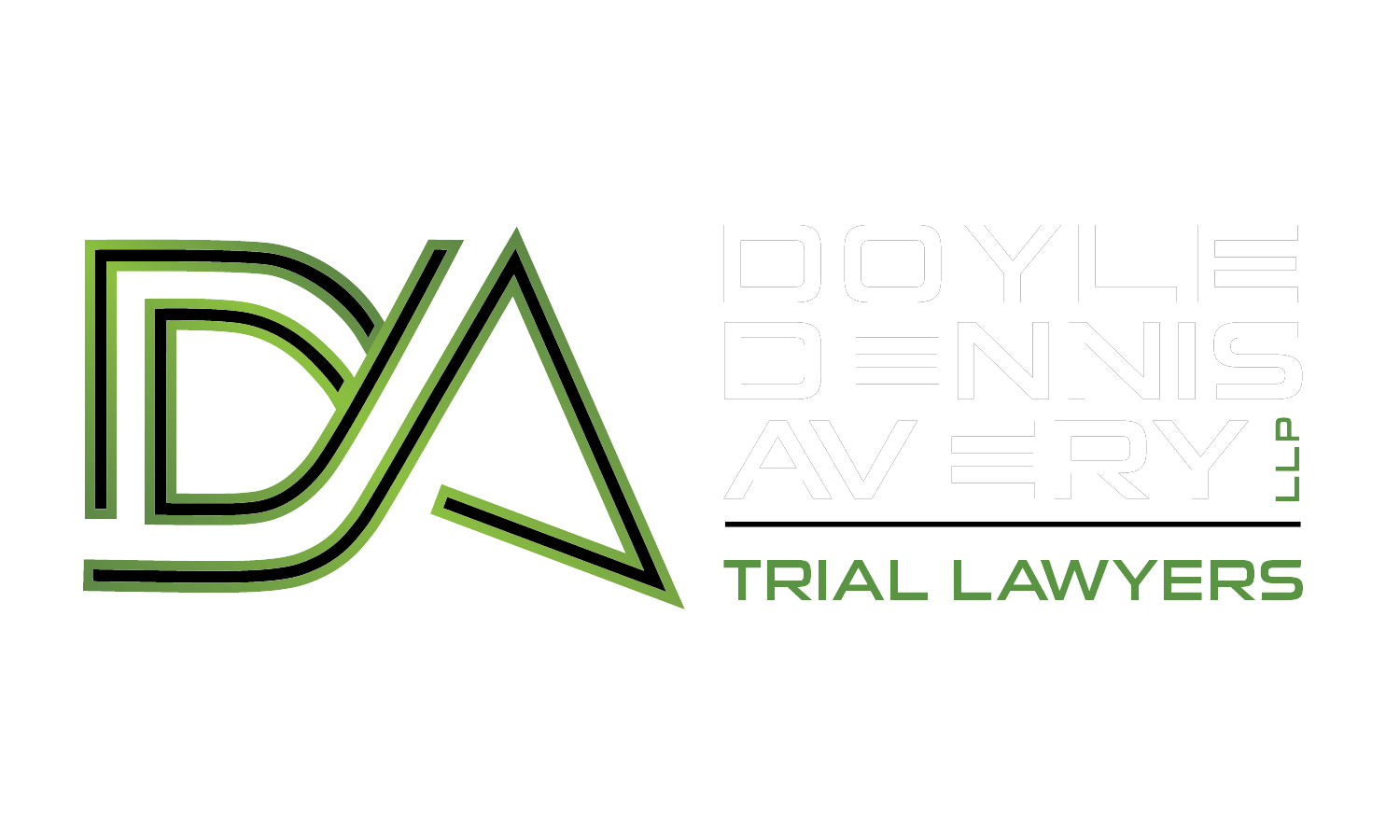Sarbanes Oxley
Doyle Dennis Avery LLP represented whistleblowers who have reported violations of federal law by publicly traded companies and their agents. The Sarbanes-Oxley Act of 2002 (SOX) prohibits covered employers from terminating employees for reporting conduct that the employee reasonably believes violates federal fraud laws, SEC rules, and federal shareholder fraud laws. Congress enacted SOX in July 2002 in the wake of the Enron scandal in Houston, Texas. In 2010, Congress amended SOX by passing the Dodd-Frank Wall Street Reform and Consumer Protection Act of 2010.
SOX provided important protections for investors because it encourages corporate internal controls, increasing corporate responsibility, disclosure and transparency in reporting. SOX Provides important whistleblower provision, as identified in 18 U.S.C. 1514A.
What is protected?
Under SOX, an employee is protected from retaliation related to reports of (1) mail fraud, wire fraud, securities fraud, or bank fraud, (2) violations of regulations relating to the Securities and Exchange Commission (SEC) Federal, and (3) violations of federal law regarding fraud against shareholders.
The statute further clarifies that an employee is protected for providing information, causing information to be provided, or otherwise assisting in an investigation regarding any conduct which the employee reasonably believed to be a violation of the three sections above. Similarly, an employee is also protected for filing, causing to be filed, testifying, participating in, or otherwise assisting in a proceeding filed or about to be filed relating to an alleged violation of the above three categories.
What employers are covered by SOX?
Within the statute, Congress applied SOX to the following types of employers, contractors, or agents:
- Publicly traded companies – meaning, companies with a class of securities registered under section 12 of the Securities Exchange Act of 1934
- Companies required to file reports under section 15(d) of the Securities Exchange Act of 1934;
- Subsidiaries or affiliates whose financial information is included in the consolidated financial statements of such companies;
- Nationally recognized statistical rating organizations; and
- Contractors, subcontractors, agents, officers, and employees of the above and nationally recognized statistical rating organizations.
In general, SOX applies throughout various industries but may include: Banking, Insurance, Energy, Oil and Gas, Defense Contractors, Construction, Auditors, Lawyers, Technology, and others.
How can I prove retaliation or wrongful termination?
To prove retaliation or wrongful termination under SOX, an employee must show that they engaged in a protected activity or conduct, their employer knew or suspected, actually or constructively, that the employee engaged in the protected activity, the employee suffered an adverse action, and the circumstances were sufficient to raise the inference that the protected activity was a contributing factor in the unfavorable action. Contributing factor means any factor which, alone or in connection with other factors, tends to affect in any way the outcome of the decision. Importantly, this test changed prior law, which required that the protected act be “significant,” “motivating,” “substantial,” or “predominant,” factor in the employer’s decision to adverse act against the employee.
What other statues may also apply to a SOX whistleblower?
Because many of the federal and statute whistleblower statutes overlap in their protection, its important to fully analyze the possible statutory violations for a SOX whistleblower. This may include violations of the Dodd-Frank Act, the Consumer Financial Protection Act, Department of Defense Authorization Act of 1987, the Criminal Antitrust Anti-Retaliation Act, the Tax Payers First Act, the Banking Secrecy Act, or other state law claims.
How do I file a claim or lawsuit?
Prior to filing a claim in federal court, an employee must first make an administrative complaint with OSHA. OSHA does not require that the employee use a particular form for the complaint. Instead, the complaint, supplemented as appropriate by interviews of the employee, must simply include the following allegations: the employee engaged in a protected activity or conduct; the employer knew or suspected, actually or constructively, that the employee engaged in the protected activity; the employee suffered an adverse action; and the circumstances were sufficient to raise the inference that the protected activity was a contributing factor in the unfavorable action.
If OSHA “has not issued a final decision within 180 days of the filing of the complaint,” the employee may then bring “an action at law or equity for de novo review in the appropriate district court of the United States.” Federal courts can only conduct de novo review of SOX claims that have been administratively exhausted through OSHA. Based on this exhaustion requirement, an employee may only file claims in federal court against a party who the employee has already named in an administrative charge.
What damages are available?
SOX authorizes damages for past and future lost wages, pain and suffering/mental anguish, compensatory damage, punitive damage, and attorney’s fees.
Copyright © 2024 Doyle Dennis Avery LLP Trial Lawyers. All rights reserved. Powered By Blue Beam LLC
The information on this website is intended for general informational purposes only and is not legal advice for any individual case or situation. Viewing or receipt of content on this website does not create an attorney-client relationship between the user and Doyle Dennis Avery LLP.
The cases, verdicts and settlements displayed on this site are solely for illustrative purposes and should not be considered a guarantee or prediction of the outcome of any other claims or cases. Each case is unique, and past outcomes are not indicative of future results.
We recommend that users consult with an attorney for legal advice on any questions or concerns they may have. Users rely on the information on this website at their own risk.
